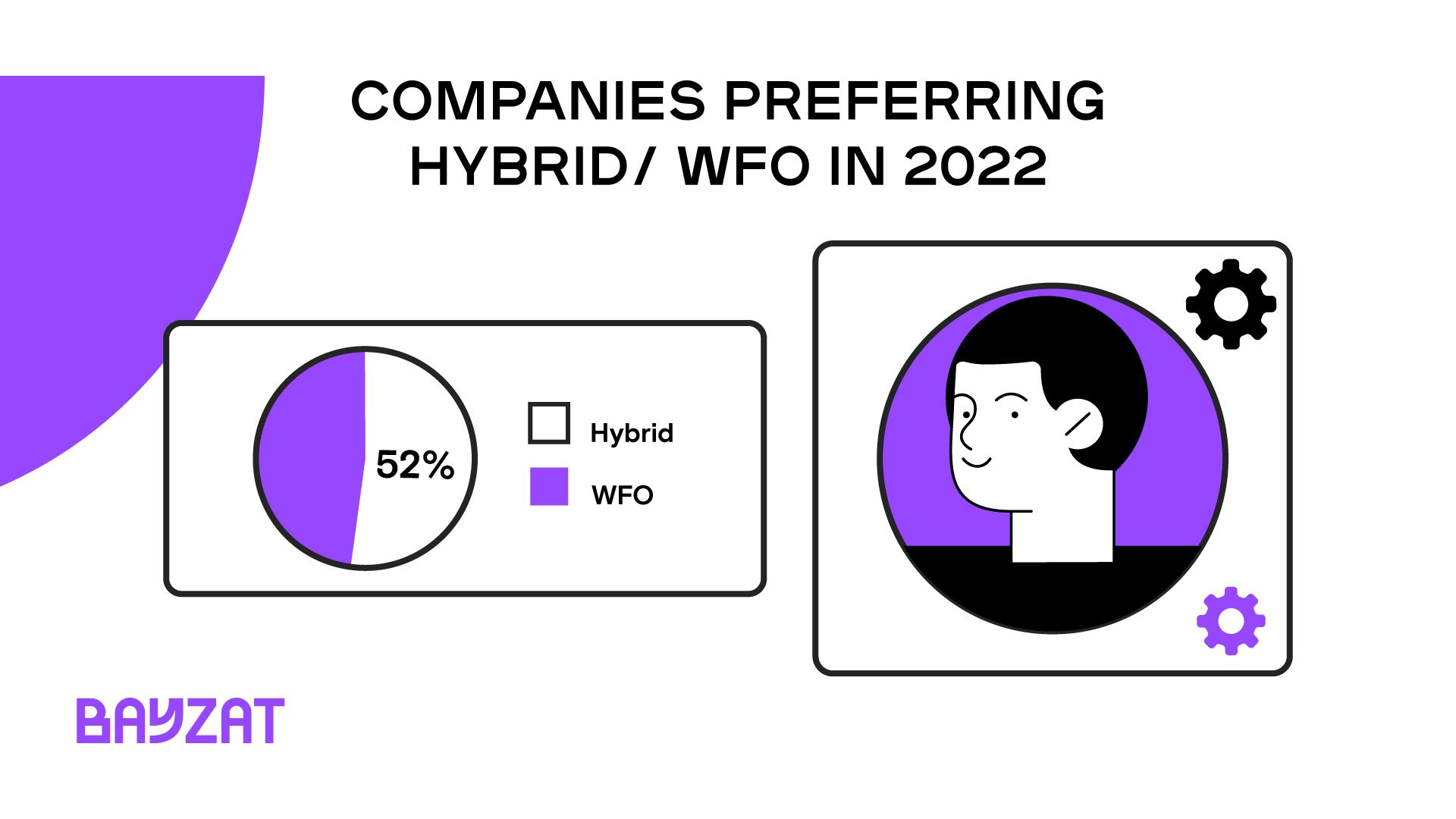Amid fears of the ‘Great Resignation’ in Western nations, it appears the UAE is in the coveted position of being able to buck the trend. This is highlighted in new data from the Bayzat HR & Employee benefits platform which shows that through 2022, the number of employees on-boarded by companies each month has on average exceeded the number off-boarded, either due to resignation or termination, by a factor of 1.6.
The research which analysed the trend over a four-year period found that since January 2019 to the present day, there have been just four months where the number of off-boarded employees has been greater than those on-boarded. Unsurprisingly, three of these months took place in succession between April 2020 to June 2020, when pandemic-related concerns and disruptions to regular business operations were at their peak.
“Backed by government initiatives that have enabled the UAE economy to remain impressively resilient through recent global challenges, companies in the Emirates have been hiring aggressively. While the so-called ‘great resignation’ doesn’t appear to hold true for UAE companies, the steady upward trend in hiring means they must look to gain an edge in the war for talent,” said Talal Bayaa, CEO and co-founder at Bayzat.
“As we transition to a knowledge and skills led economy, companies must do everything they can to attract and retain the most skilled professionals. Research shows that financial compensation is no longer the sole criteria in this endeavour. For the modern employee, it is the overall experience that guides job selection and fosters loyalty. This is shaped by a myriad of factors that include the benefits they receive, the company’s policies around emerging themes such as remote work, and the dynamicity of the company’s culture,” Bayaa added.
Bayzat’s data also shone a spotlight on which departments struggle the most with employee churn. Over the four-year period, the company found that Operations departments saw the greatest number of resignations, followed closely by Sales and Marketing. Analysing the trend within the context of employee profiles, among professional job roles, it was sales personnel who demonstrated the highest churn. This was followed by portfolio managers and business development executives/managers in second and third place respectively.
“In the UAE, SMEs comprise a staggering 95% of the workforce and for these smaller organisations, the sales function is absolutely critical to growth, while operations teams are key to keeping business on track. Adapting company policy to align with post-pandemic work trends and employee preferences could be key to attracting and retaining these professionals. This could for example be a demonstrated readiness to support hybrid or remote work, or embrace a new, more fluid approach to performance management,” said Bayaa.
Bayzat’s data also showed that UAE companies are already adapting to employee preferences. While in 2019, the larger portion (58%) of Bayzat’s customers required employees to work from the office, the scales have since shifted and today, it is companies that support hybrid work that have the slight majority (52%). “Clearly, organisations now realise that employees can be just as productive working from anywhere, provided they have the right tools and policies in place to support a remote workforce. This evolution, made possible by forward-focused government initiatives, bodes well for the UAE’s transformation into a global knowledge and services hub where top professionals aspire to be based,” Bayaa concluded.

